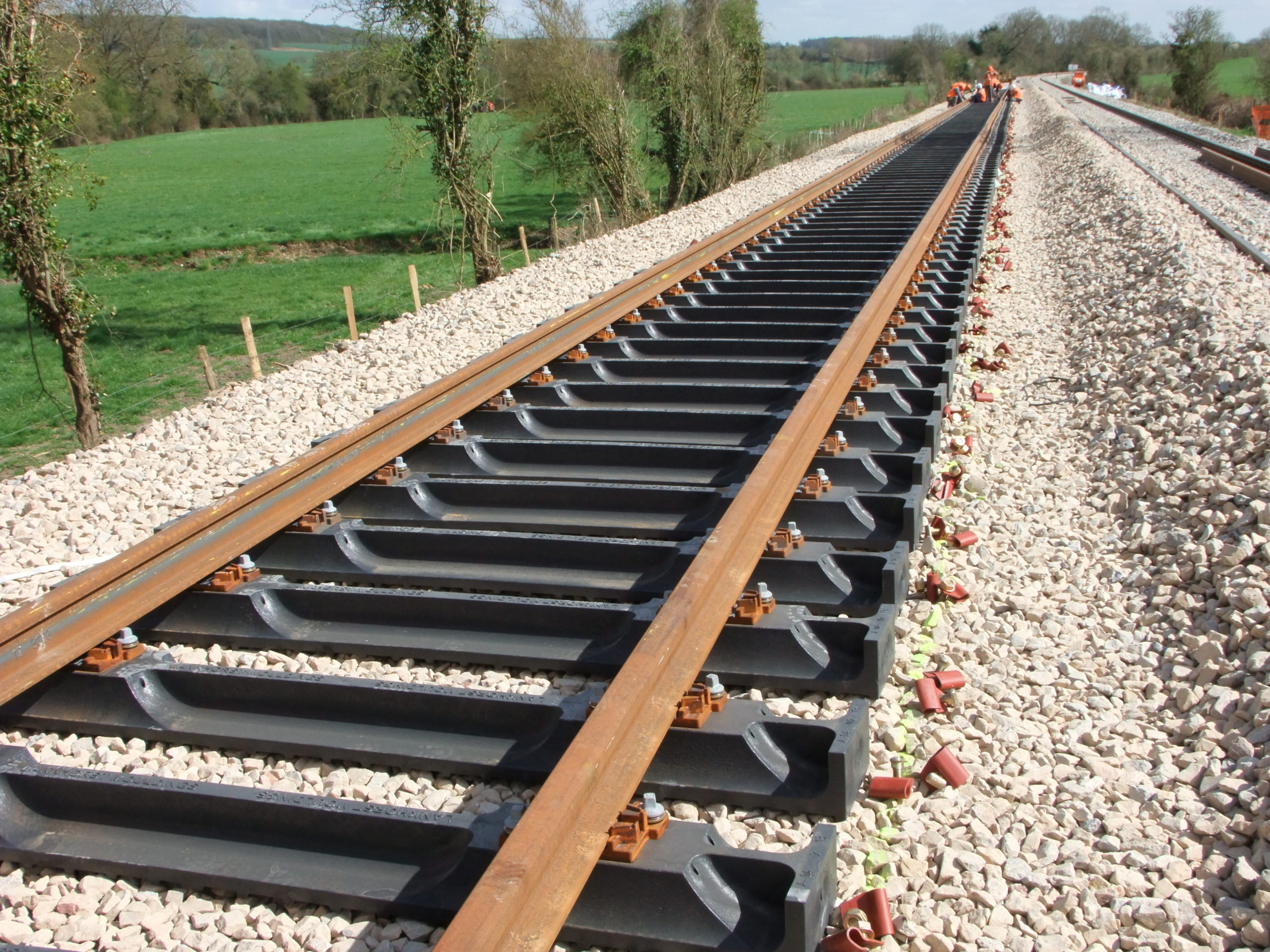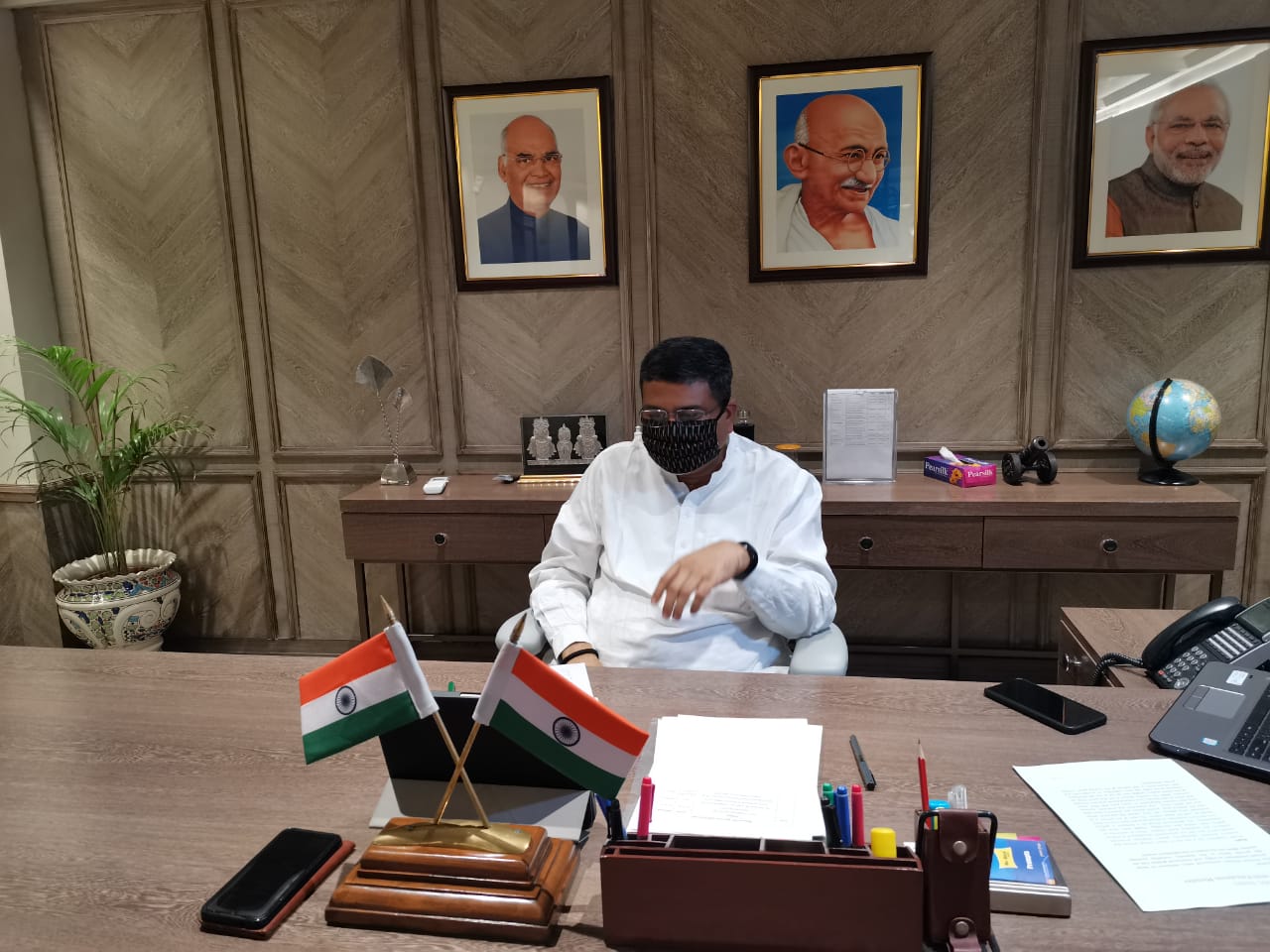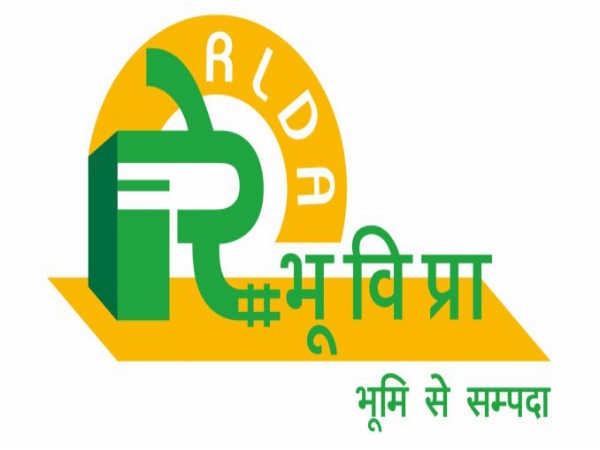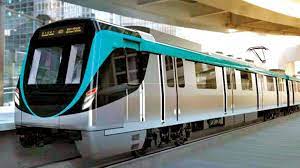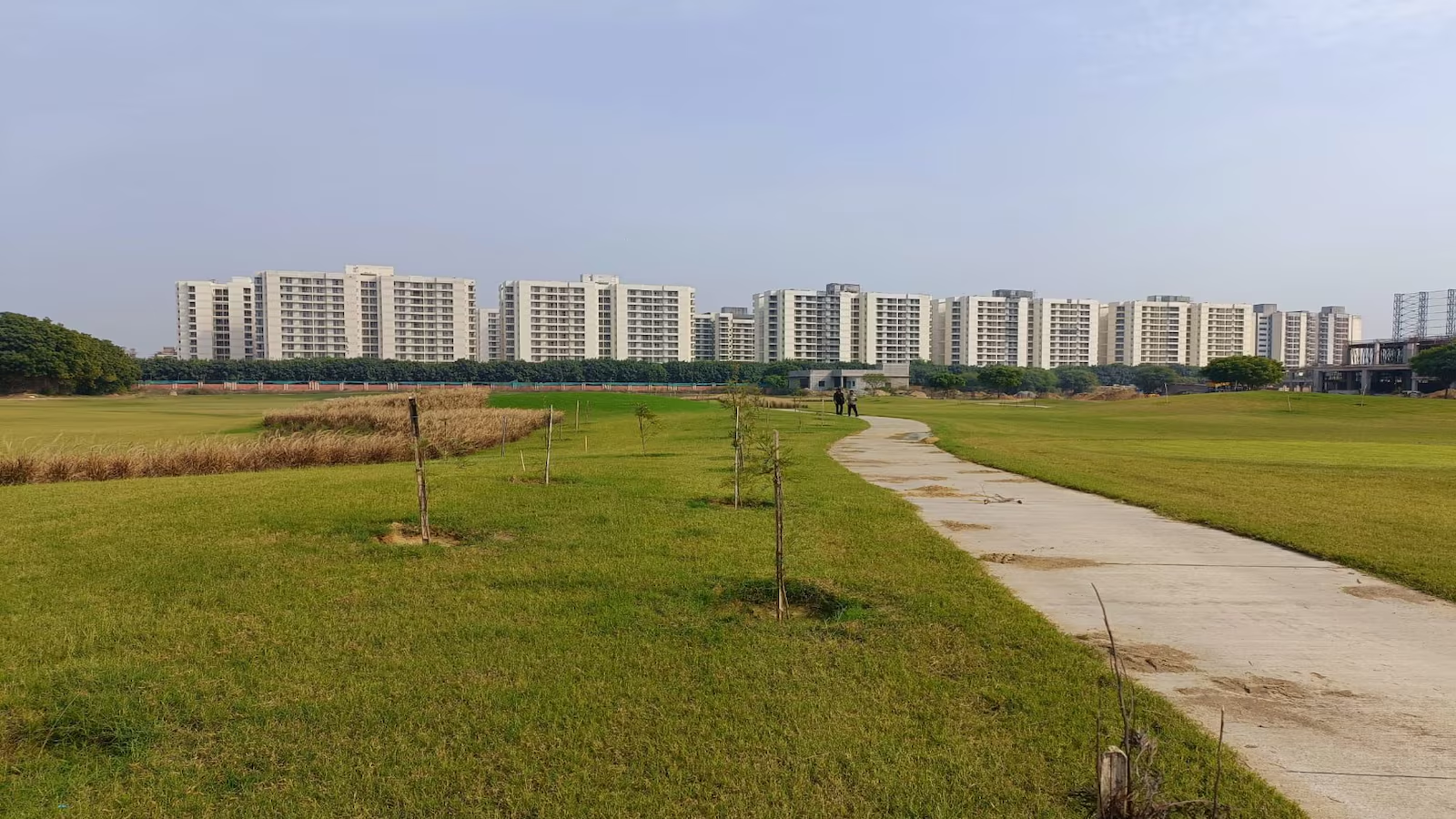Main
Clarifications by Standing Committee constituted under the Policy for providing preference to domestically manufactured iron & steel products in government procurement (DMI&SP Policy)
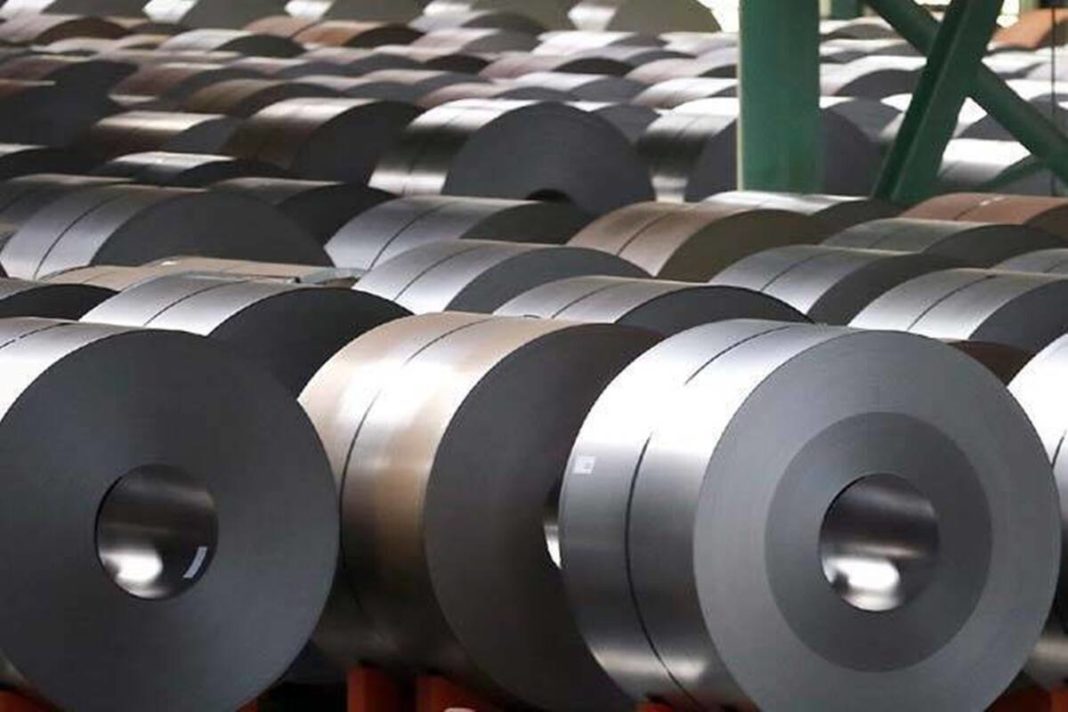

The Government had approved a Policy for providing preference to domestically manufactured iron & steel products in government procurement (DMI&SP Policy) and notified the same on 8th May, 2017. The policy has come into force from the date of its publication in the Gazette of India. The policy mandates to provide preference to Domestically Manufactured Iron & Steel Products (DMI&SP), in Government Procurement in which a minimum value addition of 15% have taken place domestically. Each Ministry or Department of Government and all agencies/entities under their administrative control will be under the purview of the DMI&SP policy.
The policy is applicable to supply of iron & steel products having aggregated estimate value of INR 50 Crores or more. The policy has provisions for waivers to all such procurements, where specific grades of steel are not manufactured in the country, or the quantities as per the demand of the project cannot be met through domestic sources.
A Standing Committee headed by Secretary (Steel) has been constituted on 14.06.2017 under clause 4 of the DMI&SP Policy to issue clarification sought by stakeholders. Recently, Ministry of Railways, ONGC Limited, Indian Pipe Manufacturers Association (IPMA)and Seamless Tube Manufacturers Association of India (STMAI) have sought certain clarifications on the DMI&SP Policy. Accordingly the Standing Committee held its first meeting on 21.06.2017 and clarified the issues raised by these 4 organizations. The points raised and clarifications are enclosed.
Clarifications given by Standing Committee, DMI&SP Policy
|
Sl. No. |
Issues raised |
Decision taken by Standing committee |
| By Ministry of Railways | ||
| 1 | Rail as a product should not be included in the list of iron and steel products. | Rail, though produced through complex & specialized processes, have to meet certain specified quality & performance criteria. However, there could always be more than one manufacturer (indigenous or foreign) meeting the above criteria. Therefore, argument put forward on this ground for its exclusion from the Sl. No. 11 of Appendix-A is untenable and therefore, not accepted by the committee. |
| 2 | Additional exclusion proposed:i) where conditions of procurement are stipulated by external funding agencies.
ii) Non-availability of product meeting performance criteria for use in areas involving public safety. (To be included in para- 3 of the Policy) .
|
i) Where conditions of procurement by external funding agencies are governed by existing contracts/agreement/MoUs, policy provision shall not apply. However, for all futuristic agreements, policy provision shall be applicable unless waiver is taken from Standing committee to deal with specific case.ii) Standing Committee clarified that each procurement agency is free to prescribe quality standards. However manufacturers meeting such quality standard need to be considered by the procurement agency as per the provision of DMI&SP Policy. The Committee further noted that where domestic manufacturer is not able to produce a particular grade, a case of waiver can be made in terms of para 3(a) of the Policy. |
| 3 | The para 3 does not clarify whether ‘such waivers’ are granted as a part of the policy or there will be a body which will grant such waivers | Granting of waivers under para -3 shall not be automatic. Standing Committee under Ministry of Steel will review such cases and grant waiver in terms of para 4 (c) of the policy. |
| By ONGC | ||
| 1 | Whether mother pipes as input is eligible for procurement under the new policy by carrying out certain activities such as welding the connectors, etc. | All kinds of pipes & tubes have been defined as a finished product in Appendix – A of the policy at sl. 9. Therefore, mother pipe can not be considered as an input material. Hence , work like welding/ fixing of connectors on a finished product can not be considered for claiming value addition. The value addition has to be shown in manufacturing of mother pipe. |
| 2 | Input for sl no. 10 in Appendix- A i.e. Seamless Tubes and Pipes is Bloom whereas Billets are also utilized as inputs. Clarity is needed on acceptance of bidders using input as “Billet”. | The Committee agreed that‘ bloom’ shall be replaced by “All types of bloom/billet/rounds”. |
| 3 | Whether green pipes as input is eligible for procurement under the new policy by carrying out certain activities such as heat treatment and threading, etc. | All kinds of pipes & tubes have been defined as a finished product in Appendix – A of the policy at sl. No.9. Therefore, green pipe can not be considered as an input material. Hence, work like heat treatment and threading on a finished product can not be considered for claiming value addition. Value addition has to be shown in manufacturing of green pipe. |
| 4 | Whether there would be any impact of procuring the green pipes made from billets sourced from Indigenous Vs. foreign manufacturer . | If pipe is made from billets sourced from indigenous and/ or foreign manufacturer, the value addition from imported source must meet the prescribed criteria of minimum 15% as per Appendix –A and para 7.2b of the policy. For indigenous source, it is already beyond the minimum prescribed criteria. |
| 5 | Under Lump Sum Turnkey (LSTK) Contracts involving procurement of Steel for use in fabrication, it is not clear if the projects involving installation of offshore platform are covered in the policy. | Fabrication using finished steel products does not constitute value addition as per the para 7.1 and Appendix-A of the policy.Any project which has an aggregate steel products of value Rs. 50 Cr or more, shall be eligible under this policy. |
| 6 | Inference made from policy that the aggregate procurement in all types of tenders whether direct or as part of LSTK/ EPC project, has to be at least Rs. 50 Crore for applicability of the policy requires confirmation. | Value of iron and steel products should be Rs. 50 Crore or more as per para 5.1b and para 6.2 of the policy. This can be part of a steel intensive project or overall project. |
| By IPMA | ||
| 1 | To make the intent of the policy clear it would be better if in place of “Provides Preference” the word “aims to promote” is substituted. | The committee decided not to consider the suggestion and shall maintain the policy as it is. |
| 2 | Nominal return on investment needs to be specified for calculation of net selling price. | It was clarified referring to the definition of ‘Net Selling Price’ para 2 (vii) that a nominal 5% return on investment has been assumed to cover bare minimum cost of equity and debts to arrive at the net selling price. |
| 3 | Our understanding is Rs.50 Crore is project estimated value wherein iron and steel product will be used. Please enlighten. | Rs. 50 Crore is the aggregate estimate value for iron and steel products (and not the project estimate) as per para 5.1b and para 6.2 of the policy, which are going to be used either in steel intensive project or an over all project. |
| 4 | Last sentence of Para 6.1 of the policy may be amended to read as “The policy shall come into effect from the date of its notification”. | The committee clarified that as per clause 6.1 of the policy, the policy is applicable where price bids have not been opened. |
| 5 | In case of foreign bidder, only coating on pipes domestically should not be considered for the purpose of minimum domestic value addition. | Committee clarified that the bare steel pipe does not fall as input as mentioned in Appendix- A. All kinds of steel pipes and tubes are covered as iron and steel products made from inputs (Slab/Plates/HR Coils). So process like coating beyond finished iron and steel products can not be counted for value addition. |
| 6 | In case of using a mix of imported and domestic input steel, kindly clarify as how the domestic value addition will be calculated. | It was clarified that all imported steel must undergo a minimum prescribed value addition of 15 % in terms of Para 7.2 b read with Appendix -A of the Policy in order to be eligible for bidding under the Policy. Further Para 7.1 of the Policy provide manner of calculation of value addition. Even in mix comprising of imported and domestic steel, the imported portion should separately meet the minimum prescribed value addition criteria of 15 % as prescribed in Appendix- A. |
| 7 | For domestic value addition, landed cost of imported steel will be considered. Clarifications asked whether all duties i.e. Basic custom duty, safe guard duty (if any), AD (if any), MIP (if any), etc. will be included. | It was clarified that the imported steel will have all the taxes and duties included which are borne by the importer including freight and insurance to bring the material at the plant as per para 2 (vii) and para 7.1 of the policy. |
| 8 | IPMA wants heading of the Appendix –A table to be amended as “List of Iron & Steel products and corresponding inputs thereof”. Sl. No. 9 of the Appendix-A is proposed to be amended to include “Coated steel pipes & tubes”. | The committee decided that the heading of Appendix-A does not require any change.
It was further clarified that Sl no. 9 of Appendix –A includes coated steel pipes and tubes as well. |
| Seamless Tubes Manufacturers’ Association of India (STMAI) | ||
| 1 | Input for sl no. 10 in Appendix- A i.e. Seamless Tubes and Pipes is Bloom whereas Billets are also utilized as inputs. STMAI has suggested input to be indicated as Bloom/Billets/Rounds. | It was clarified that ‘bloom’ shall be replaced by “All types of bloom/billet/rounds” in sl. no. 10 in Appendix-A. |
| ITECO (Oil Field |Supply Group) | ||
| 1 | Whether welded pipes as input is eligible for procurement under the new policy by carrying out certain engineering/processing activities such as fitting/welding Multistart Thread Connectors, which are considered as a highly specialized engineering output. | All kinds of pipes & tubes have been defined as a finished product in Appendix – A of the policy. Therefore, welded pipes cannot be considered as an input material. Hence, work like fitting/welding Multistart Thread Connectors, which are considered as a highly specialized engineering output, cannot be considered for claiming value addition. |
-



 News3 weeks ago
News3 weeks agoKW Delhi 6 Mall Onboards New Brands
-



 News4 weeks ago
News4 weeks agoManasum Senior Living Launches IKIGAI GOA, A Senior Living Community in North Goa, in collaboration with Prescon Homes
-



 News3 weeks ago
News3 weeks agoGodrej Properties Sells Rs 3k cr+ Homes of Godrej Zenith, Gurugram, within 3 days
-



 News3 weeks ago
News3 weeks agoCommercial Realty Gets Tech Savvy: Fast Construction, Enhanced Convenience
-



 News4 weeks ago
News4 weeks agoBridging India Divide: Top 5 Tier- 2 Cities to Focus On
-



 News4 weeks ago
News4 weeks agoMultipoint Connection – A Definite Boon
-



 News3 weeks ago
News3 weeks agoRBI’s Status Quo on Key Policy Rates to Help Maintain the Real Estate Growth Momentum, Say Industry Stalwarts
-



 News1 week ago
News1 week agoOlive Announces Dhruv Kalro as Co-Founder









